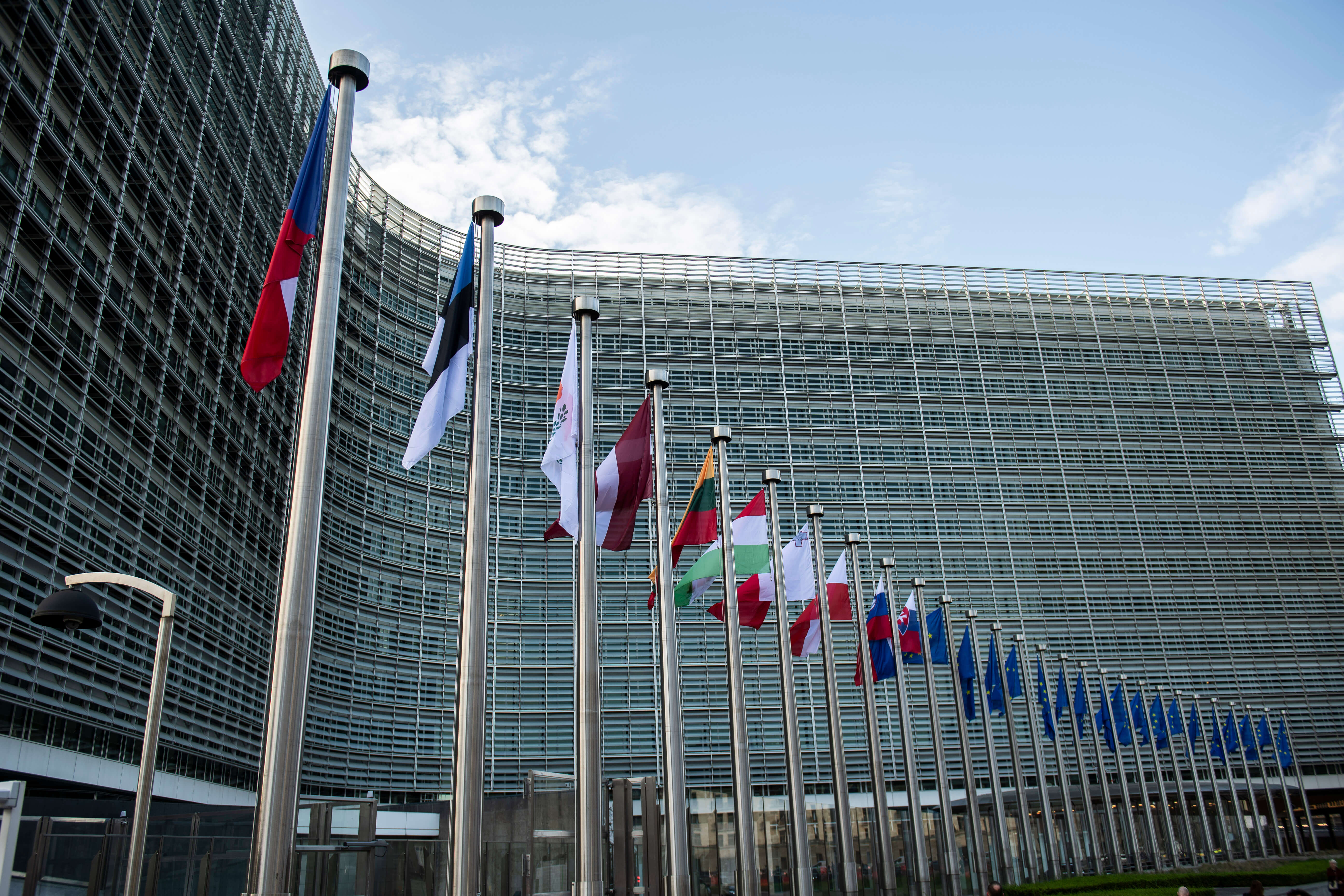The frequent transportation of Russian oil near its shores poses an enormous environmental risk, and Europe has limited time and effective ways to protect itself.
Every day, the coasts of Northern and Western Europe can become victims of an ecological cataclysm due to the breakdown of one of hundreds of oil tankers from Russia's so-called shadow fleet (or dark fleet).
In mid-November, the European Parliament will vote on a resolution that aims to safeguard against the risks posed by old, used, and uninsured Russian tankers used to circumvent sanctions against Russia that started in 2022.
The debate in the European Parliament this week primarily revolved around the statement that Europe is under the threat of an ecological time bomb, the "explosion" of which would cause a catastrophe of unprecedented proportions.
The Baltic is most vulnerable
The most threatened are, of course, the countries bordering the Baltic Sea, because more than 50% of Russian oil exports pass through it. Almost every tanker that transports this oil belongs to the shadow fleet, considering that these old ships transport 80% of Russian exports.
However, exposure extends to everyone on the coast of the North Sea, as well as the countries of Western Europe and the Mediterranean. Additionally, Russian shadow-tankers traverse the world's most frequent maritime passages, including Suez and the Panama Canal, where any mishap could trigger a fresh crisis in global trade.
European institutions have limited options to effectively suppress Russia's harmful and dangerous practices
However, European institutions have limited options to effectively suppress Russia's harmful and dangerous practices. Or at least they haven't been found so far.
“The United Nations Convention on the Law of the Sea grants vessels the right of innocent passage, which means the right to ‘freely navigate through territorial seas.’ This means that preventing shadow fleet vessels from entering territorial waters or exclusive economic zones faces significant challenges,” the European Commission announced last May, in response to a question from a member of the European Parliament.
And indeed, the transportation of oil by outdated and poorly maintained tankers, with frequent changes to the flag of the country under which they sail without insurance and adequate international navigation control, is not in itself illegal.
Russia discovered a "loophole" to circumvent sanctions and the oil price cap of $60 per barrel, introduced by the EU and the G7 in December 2022. Since then, Russia has steadily expanded its fleet, estimated to number close to 600 tankers.
Pressure on flag states
One of the directions of defence is to put pressure on the countries under whose flag the tankers of the Russian shadow fleet sail, and most often those are African (Liberia, for example) and Central American countries.
“We call on flag States to ensure that ships flying their flag adhere to highest possible safety and pollution prevention requirements and best practices, including those contained within relevant International Maritime Organization conventions (IMO) and resolutions,” reads the joint statement of the leaders of around 40 European states from the last July summit of the European Political Community, which was held in the UK.
Despite everything, the shadow fleet continues its operations with undiminished intensity
Also, in December 2023, the UN agency for international navigation, IMO, based in London, brought a whole series of recommendations and demands to its members to tighten control as much as possible and thus discourage shadow-fleet operations.
In response to Russia's aggression against Ukraine and its practice of circumventing international maritime regulations, including sanctions, the IMO executive board excluded Russia for the first time since the 1950s.
Despite everything, the shadow fleet continues its operations with undiminished intensity, and with the passage of time, its vessels pose an increasing environmental risk to the wide coastline along which it sails.
Individual sanctions against tankers
According to Allianz's analysis, dark-fleet ships have caused at least 50 incidents at sea by May, including oil leaks, fires, engine failures, collisions, and loss of steerage.
Compensation for damages for each of the incidents is extremely difficult, given that these transports do not have insurance from one of the large Western insurance companies due to the sanctions.
 The EU institutions, as well as the governments of the countries in the risk zone, have to find a way to make the transport of Russian oil by a shadow fleet more expensive, riskier, and, ultimately, unfeasible
The EU institutions, as well as the governments of the countries in the risk zone, have to find a way to make the transport of Russian oil by a shadow fleet more expensive, riskier, and, ultimately, unfeasible
One of the most effective mechanisms available to the Europeans is the implementation of individual sanctions against each vessel. This mechanism also encompasses control over the purchase and sale of old and used tankers, which could ultimately end up under Russian ownership.
Sanctioning individual tankers has so far proven to be a very effective way to combat shadow fleets, says Isaac Levi from the Centre for Research on Energy and Clean Air (CREA). He demonstrates that US-sanctioned tankers have significantly decreased their oil trading ability by 90% within just three months of their inclusion on the list.
The EU institutions, as well as the governments of the countries in the risk zone, have to find a way to make the transport of Russian oil by a shadow fleet more expensive, riskier, and, ultimately, unfeasible. It is the only way to reduce and eventually completely eradicate the risk of ecological disaster, which remains enormous.